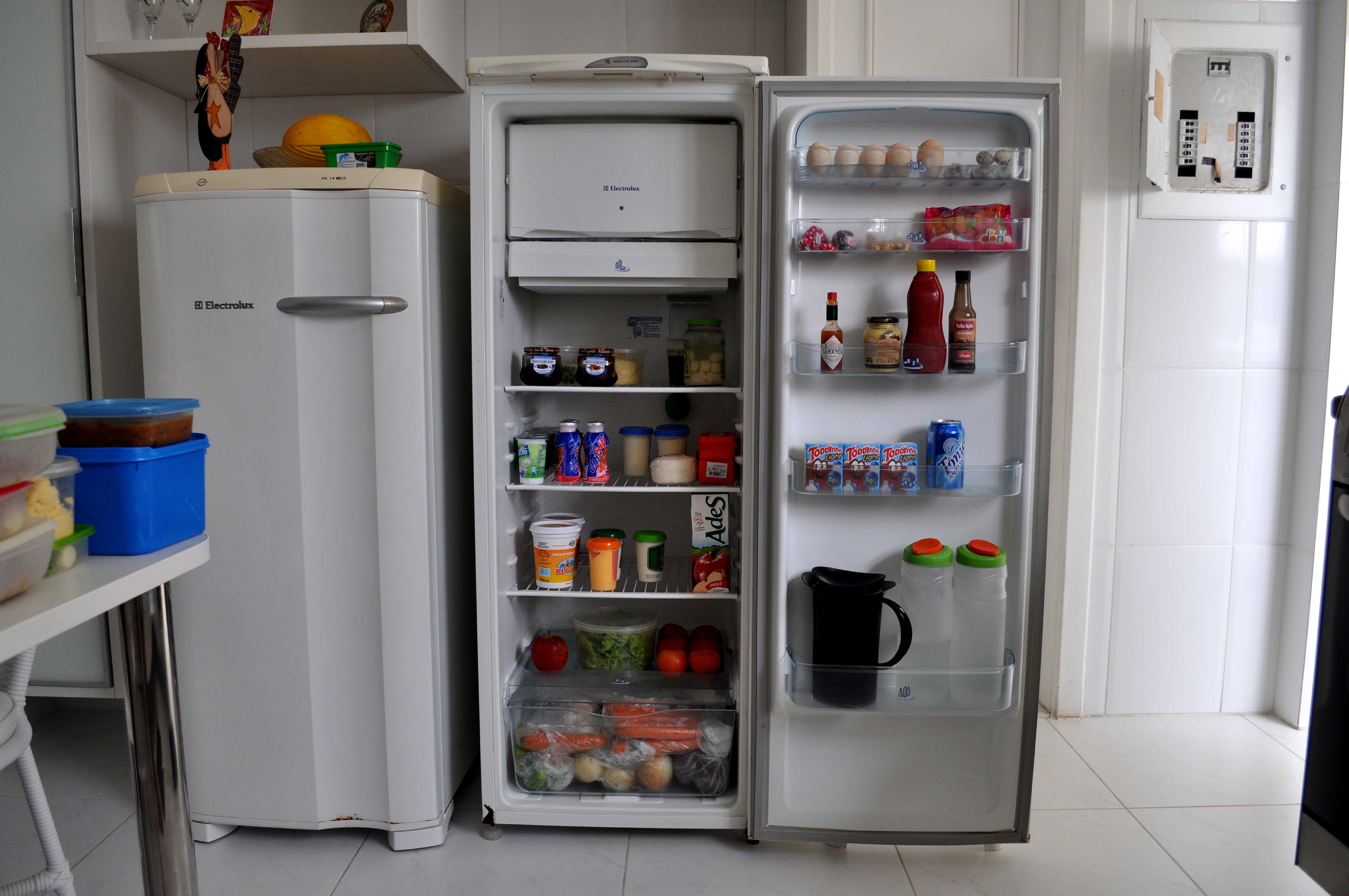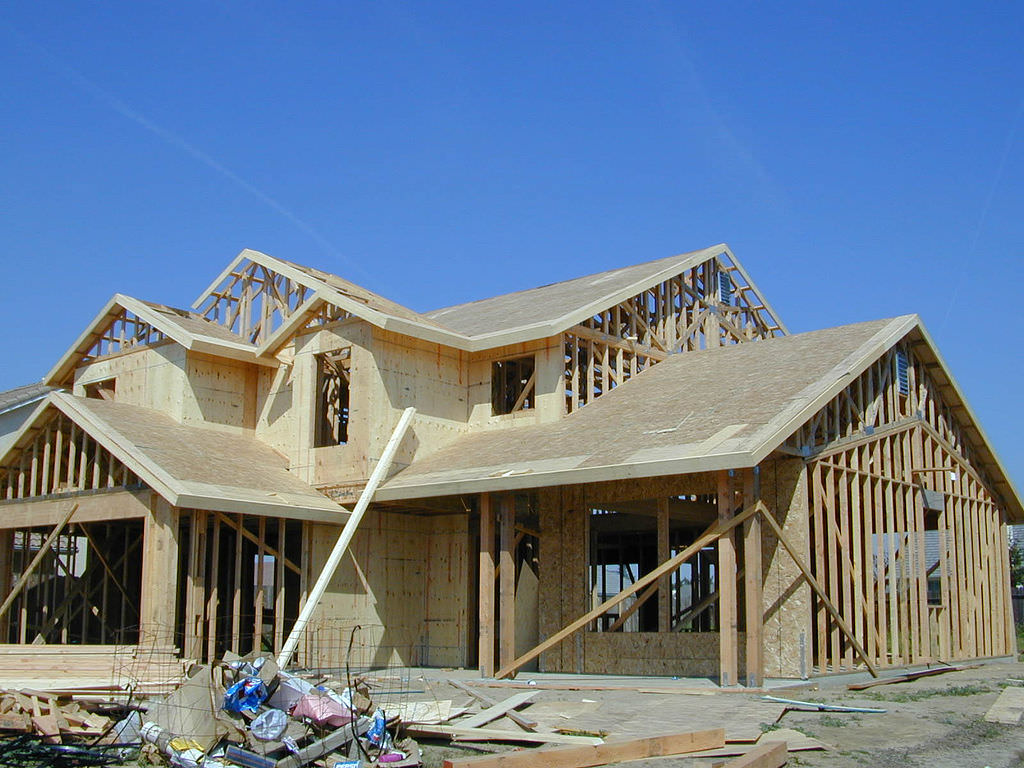No Energy Left For Savings?
At a time where everything has a tendency to get more and more expensive, it becomes essential for households to be able to save money effectively and durably. At the moment, one of the largest portions of the household budget is dedicated to energy bills. Indeed, the cost of energy is constantly rising, and it’s becoming more and more difficult for families to keep their budget under control. There are however a few tips that you can employ to reduce your energy bills significantly and permanently, and finally give yourself some room back in your household budget. While you can’t change the price of energy, you can certainly work on the way you are using it.

White Wintry Snow Backhaus Old Winter Cold
Is your home energy-efficient?
1. Compare Prices
If you have been with the same energy provider for a little while, there’s one thing that you need to know immediately. Loyalty doesn’t pay when it comes to it. While you might get a price in your favorite shop for being a loyal customer, your energy provider can only give you the best price that it has secured for itself. As a result, it can be useful to adopt a more pragmatic approach, and compare energy regularly around the time of your contract renewal – this would be a yearly basis for most households.
Indeed, it is common knowledge that switching providers can save you several hundred on your yearly bill, which is a significant amount in your household budget. Additionally, before you decide to switch for good, do plan a chat with your current provider to discuss possibilities of reducing your fees. You never know your luck.
2. Look For Insulation Solutions
Old houses are full of charm and attitude. But there’s one thing that they lack, and it’s proper insulation. Indeed, houses from the 1980s and before were not supplied with modern insulation materials such as fiberglass and cellulose. Additionally, even if your old house had been provided at the time with a high-quality insulation solution, you need to be aware of natural degradation of older materials. As a consequence, if you find that your home is hard to keep warm in winter, it would be a good idea to carefully check the quality of your insulation system.
While this is something that you can do by yourself, it’s best to arrange for a certified engineer to check your insulation and advise on the best solution for your situation. It is often perfectly possible for homeowners to renovate the insulation materials as a DIY project. But you should always start with the suggestions of an expert.

Plan a weekend for your DIY insulation repair
3. Are Your Windows And Doors Still Hermetic?
The structure of old houses can move and therefore cause the windows and doors to become a little out of alignment. While this doesn’t stop them from shutting and opening, it means that they can let the cold air in and keep the house cool even in winter. In a variety of cases, you can approach your window and door repair with some clever DIY tips to keep costs low.
For example, changing the frame or using fresh putty to keep the glass sealed and in place can save you a lot of money, not only on the price of new windows but also on your energy bills. However, you need to be perfectly honest with yourself. When the DIY repairs don’t work, it’s time to call the expert. After all, you’re not saving anything if you can’t fix the fault.
4. Be Mindful Of Your Energy Usage
It’s interesting to note that most households consume energy without checking their habits. As a result, it’s not uncommon to find that the lights are still on even when there’s nobody in the room anymore. A great way of limiting your usage is to work with in-wall timers that you can set to automatically turn off the lights at the time you choose. These automatic timers also work on any other electrical appliances in your home.
So if you are thinking about going to bed early, it’s always a good idea to set the timer to turn the TV off after 10:30 pm. By doing this, you are less tempted to stay up for longer and consume energy unnecessarily. Do avoid setting timers of fridges and freezers, though: This would ruin your grocery shopping.
5. Adopt An Energy-Friendly Lifestyle

The main issue that people suffer with when it comes to energy is that it’s easy to overconsume when you don’t pay attention to your actions. If you want to significantly reduce your energy bills, you need to be aware of where and when you are wasting energy. For example, a survey has demonstrated that over 90% of the energy consumed by phone chargers was wasted because it was used when the charger was still plugged into the wall after the phone had been charged. When you think about it, this means that only 10% of the energy you paid for your charger was of any use to you, the rest was your gift to the energy provider.
Additionally, your kitchen appliances, fridge, and freezer, need a lot more energy to keep the food cool when they are empty. In short, you should maximize the space inside and make the most of your grocery shopping trips. Finally, if you’re one to walk in t-shirt inside, even during the coldest months of winter, maybe it’s time to add a jumper to your home outfit so that you don’t need to turn the heating up.
6. Consider An Independent Lifestyle
A few brave homeowners are trying to become completely independent and to generate their own energy in a variety of ways. At the time being, it is still impossible to generate all of your energy through means of microgeneration, using the power of the wind, the water or the sun. Nevertheless, you can generate a small part of your energy independently, which can help you reduce your energy bills and protect the environment.

New builds are energy-efficient
7. Change House
Last, but not least, if you live in an old house, the costs of renovation might be too important for you to consider home improvement as a way of cutting down your energy bills. However, you could have a look at new build options that are not only energy friendly but also more durable than older structures.
While there is a natural cost associated with changing home, it is worth taking into account the cost of the new house versus the value of your current house. After all, this might just be the solution to save on your household budget.

